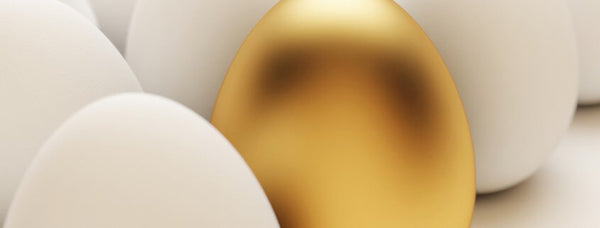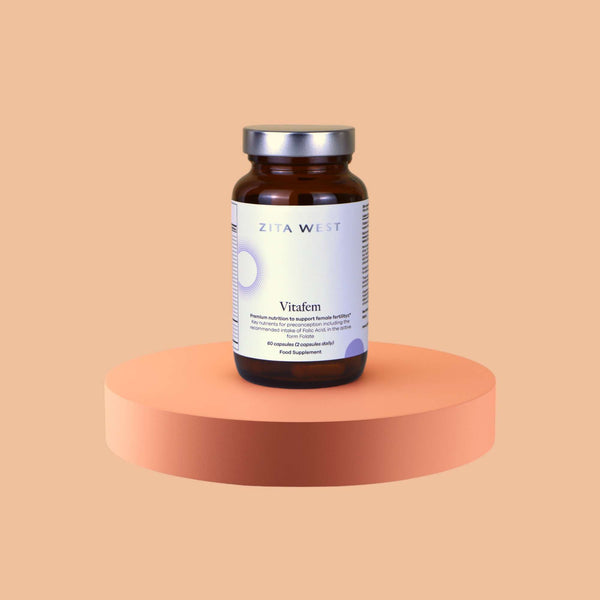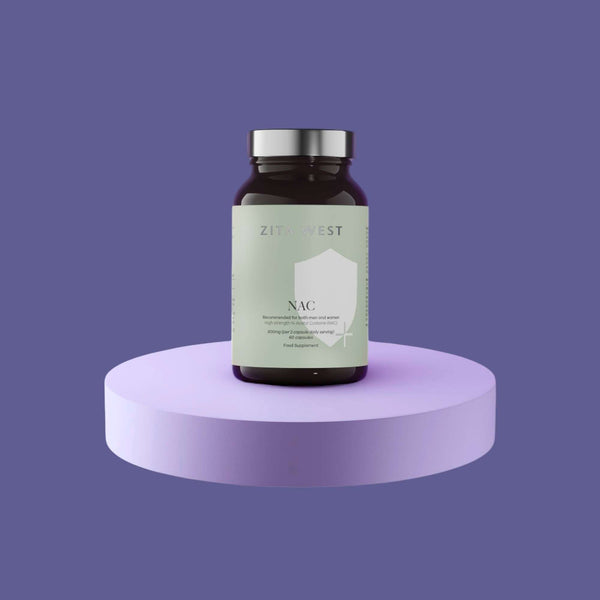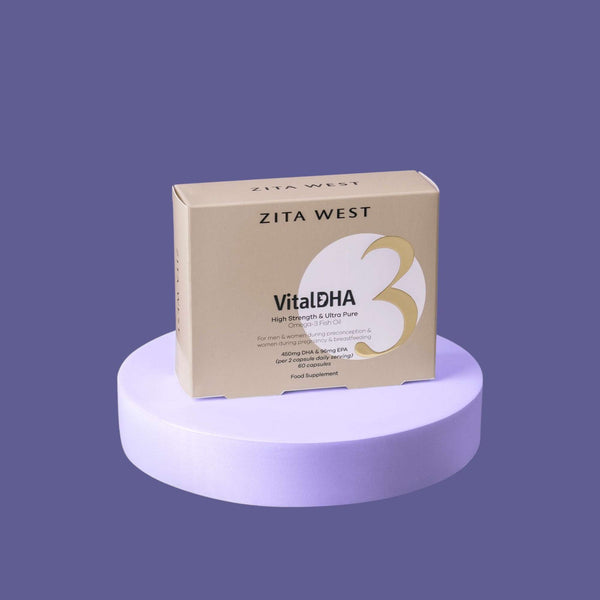Beta carotene is a safe, plant-derived precursor of vitamin A that supports cell differentiation, immune health and antioxidant defence in reproductive contexts.
Female Fertility
Vitamin A is involved in the regulation of oestrogen and progesterone, as well as the development of reproductive tissues. Using beta carotene as a source ensures a controlled conversion to active vitamin A based on the body’s needs, reducing the risk of excess intake while still supporting follicle development and mucosal integrity.
Male Fertility
Vitamin A contributes to sperm production and the integrity of epithelial tissues within the reproductive tract. Beta carotene also offers antioxidant support, helping reduce oxidative stress in seminal fluid, which may improve sperm quality.
Pregnancy
Vitamin A supports embryonic growth, foetal eye development and immune system maturation. Beta carotene is the preferred form during pregnancy due to its safety profile, it only converts to retinol as needed, minimising the risk of toxicity while still meeting increased demands during gestation.
Postnatal
Vitamin A supports maternal immune resilience, tissue repair and lactation. It also contributes to the infant’s immune function through breast milk, particularly in the first few weeks after birth when passive immunity is most important.
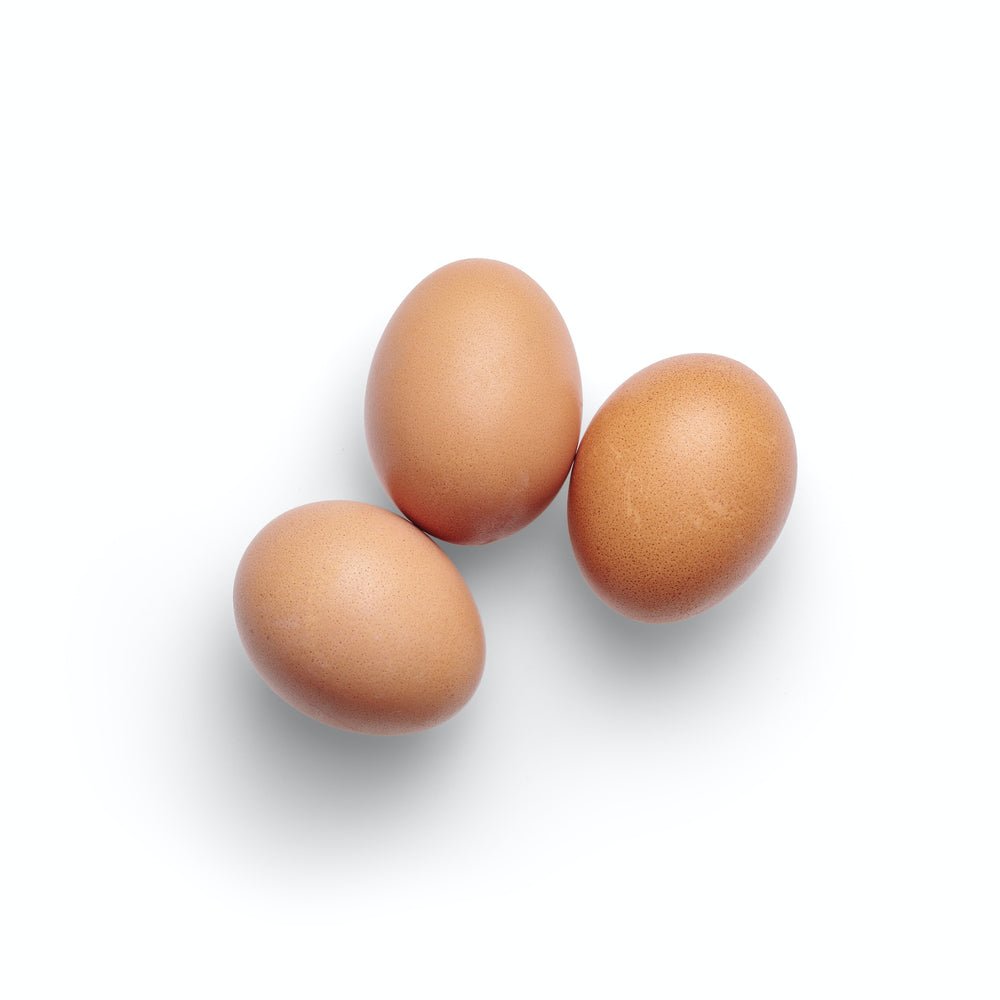












.jpg?v=1738933508141&options=w_1000)

